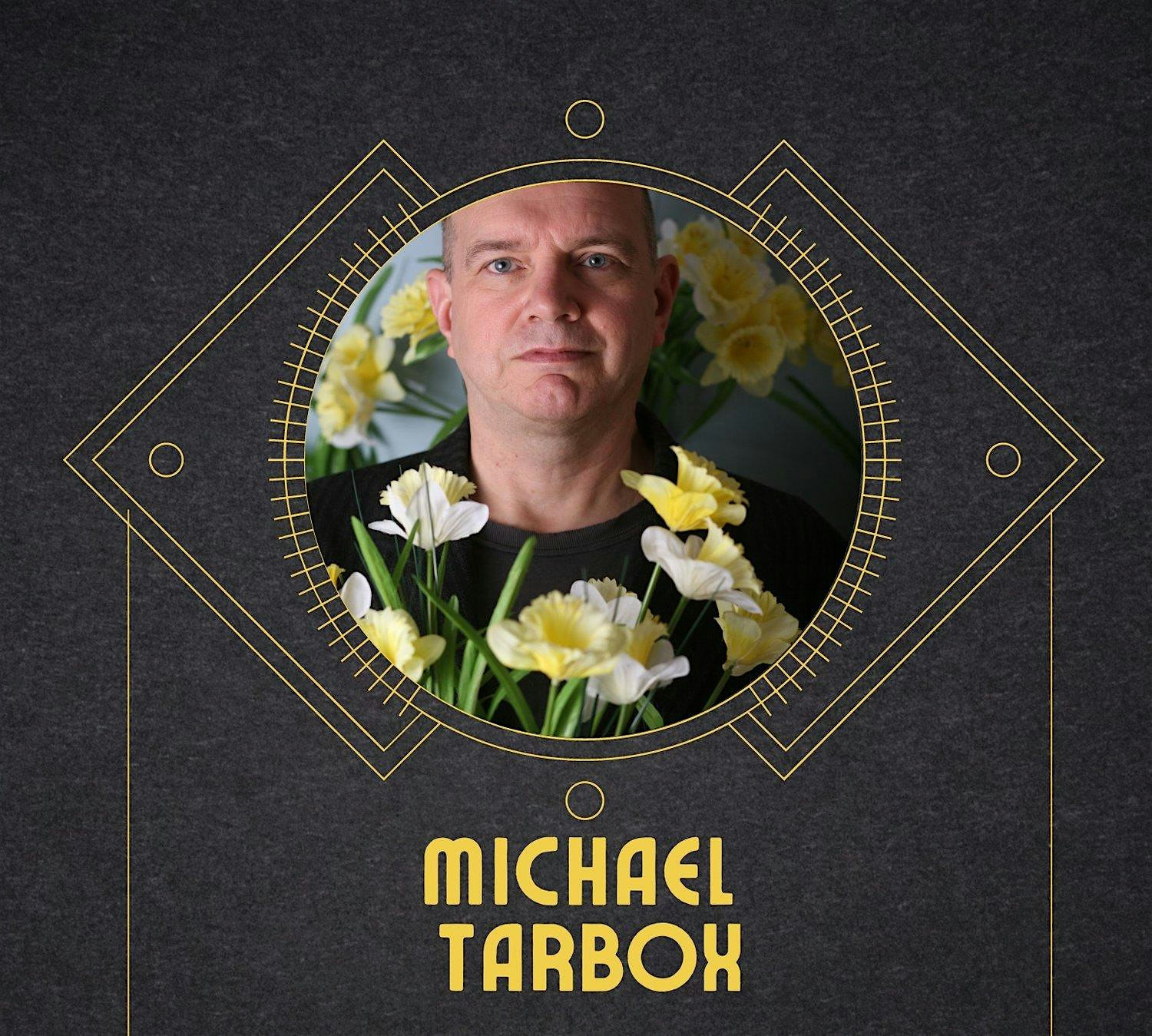Event is 21+
$18/$22 Door
“At the heart of Tarbox’s music is his guitar, as raw as it is charismatic. It creates an electricity that courses through every song.” – Twangville
Michael Tarbox writes songs anchored in rock ‘n’ roll, backwater blues, and hillbilly music. The Chicago Reader calls Tarbox’s singing “ageless.” His gospel-tinged electric guitar playing, tough as Texas barbed-wire, brings it all together.
Tarbox grew up in a mill town just west of Boston. He credits a cool babysitter with introducing him to the music that led him to become a musician. “She was the older sister I never had,” says Tarbox, “She and her art-room friends would come over and play these incredible rock ‘n’ roll records. They were also listening to Leadbelly and Robert Johnson. It was a window into another world, and it changed everything for me.”
Tarbox began his career with The Tarbox Ramblers, a hard-hitting quartet that released well-received albums on Rounder and played countless shows throughout the US and Canada. The group featured both Tarbox’s own songs and his unusual arrangements of old blues and string-band music. The Washington Post called The Tarbox Ramblers “a force of nature.” Robert Plant saw the band play and recruited them, on the spot, to open a string of concert dates.
These days Tarbox is, for the most part, playing solo shows. His new songs are rough-hewn, and imbued with a sense of hard-won perspective. They sound lived in. “My inspirations are from a world that’s vanished,” says Tarbox. “I let them guide me, but my goal is to create something new.”
“Singer/songwriter Frank Morey has never been accused of having a sweet, pretty, angelic sort of voice. The Lowell, MA, native is known for a rough, rugged, throaty style of singing, and his voice is perfect for his very earthy, blues-minded folk-rock and roots rock — Morey’s expressive vocals are as gritty as they are soulful. The New Englander, who plays acoustic guitar and harmonica, brings a variety of influences to the table. He has often been compared to early Tom Waits, and his other influences range from Bob Dylan and Leonard Cohen to the late Chicago blues giant Howlin’ Wolf. In the northeastern part of the United States, Morey has tended to fare well among fans of anti-folk — a gutsy, punk-minded, in-your-face form of folk-rock that is associated with artists like Lach, Lenny Molotov, and the Philadelphia-based Adam Brodsky (among others). Morey isn’t anti-folk per se — he has a more classic type of sound — but like the anti-folk crowd, he likes his folk-rock with a tough, hard edge and a lot of guts. And he shares many of anti-folk’s influences, especially the seminal Bob Dylan.”-Alex Henderson



